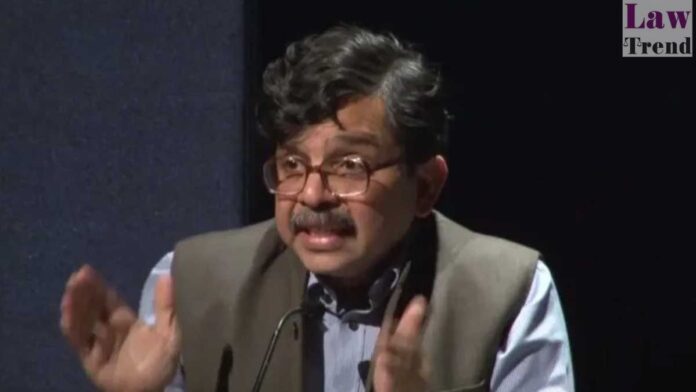Senior advocate and former Delhi and Punjab & Haryana High Court judge S Muralidhar has sharply criticised the judiciary’s handling of sensitive religious disputes, singling out the Babri Masjid demolition proceedings and the Supreme Court’s 2019 Ayodhya verdict.
Delivering the AG Noorani memorial lecture at the India Islamic and Cultural Centre, Justice Muralidhar recalled how the Supreme Court took over two decades to hear a suo motu contempt case against former Uttar Pradesh Chief Minister Kalyan Singh for the demolition of the Babri Masjid. When the matter eventually came before Justice Sanjay Kaul, he noted, it was dismissed as a closed chapter. He described this delay as “institutional amnesia” over what the court itself had deemed a serious offence.
Turning to the Ayodhya judgment, he questioned why the Supreme Court directed the construction of a Ram temple despite no party having sought such relief in the suits before it. According to him, the directions issued under Article 142 had neither a legal foundation nor any request from the central government or Hindu parties, and the temple construction question was never part of the original dispute.
He also remarked that while the judgment referred to the Places of Worship Act, fresh litigation challenging the status of religious sites has since emerged across the country.
Justice Muralidhar criticised television media for prioritising Hindu–Muslim debates over India’s plural ethos, and said the judiciary’s response to the Babri demolition had been deeply unsatisfactory. On the Ayodhya verdict, he observed that the reasoning throughout the judgment did not align with its final outcome.
Without naming him directly, he appeared to target former Chief Justice D.Y. Chandrachud, widely seen as the judgment’s author, pointing out that the decision was officially issued without attribution, yet the author had later said he had “consulted the deity” before delivering it.
Reaffirming that India’s unity lies in its diversity, he stressed that the nation has never been and cannot be defined by a single culture, language, or religion, and voiced support for Justice Sudhanshu Dhulia’s views in the Hijab case.




